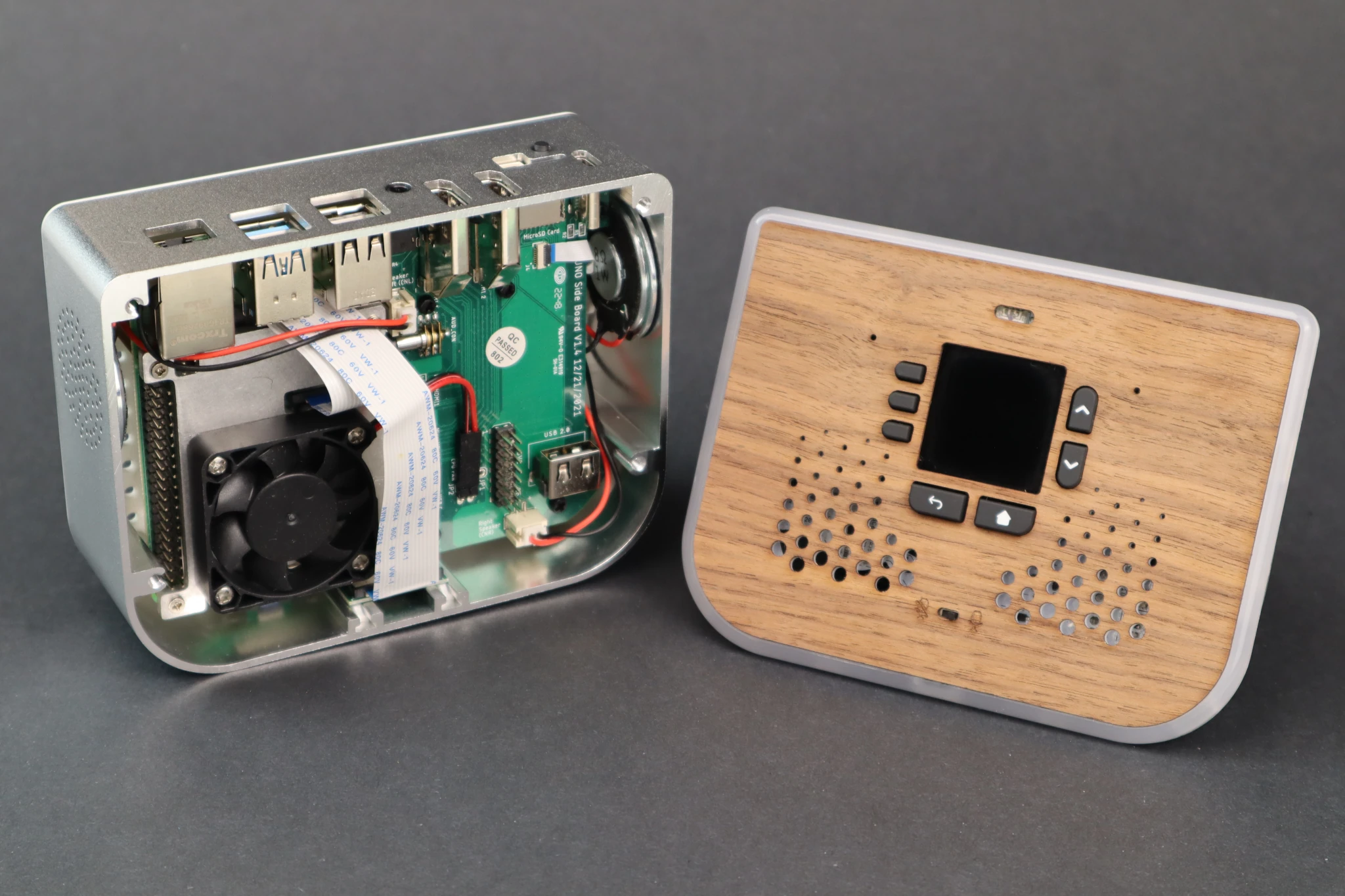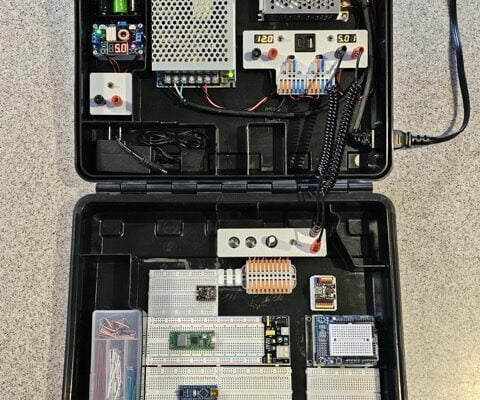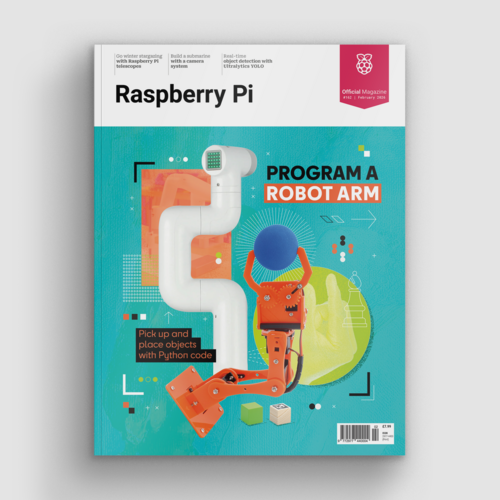All right all right!! Artificial Intelligence, Hollywood style
By Andrew Gregory. Posted

This month, amid the usual cacophony sparked by artificial intelligence, some clarity cut through the noise from an unexpected source. The actor Matthew McConaughey, he of The Wolf Of Wall Street, A Time To Kill, Interstellar and points between, put forward a positive vision for AI that I’d not heard before. McConaughey reckons that he’d like a private large language model, or as he puts it, a version of ChatGPT that’s trained only on things that he’s written himself. Instead of harnessing the internet at large, with its variety of sources ranging in quality from the unimpeachable to the ludicrous, he’d prefer a way of referring to his own thoughts, with a little bit of intelligence to link ideas together. There’d be no more mistakes like getting the number of Rs in ‘strawberry’ wrong; no more hallucinations, no more AI reacting to videos that are themselves created by AI. Just one man, using technology to help marshal his thoughts.
Program a robot arm, with Raspberry Pi and Python code
In one way, this approach is a complete failure to understand what AI is all about. We have the power to distil information from all over the internet, taking in the viewpoints and experiences of millions of people creating billions and billions of data points. On the other hand, when you want to know what time the last bus home is on a Sunday, you don’t need billions of data points: you need one.
If you were to create a LLM trained only on words that you’d written yourself – your diaries, your musings, your social media posts – you’d vastly cut down on the amount of data used, which should in turn lessen the processing power taken to churn through that data. Suddenly the environmental damage, the much-publicised water usage of AI data centres, shrinks to nothing.
There would be no ethical concerns over copyright, as you’d own everything. And there would be no problem verifying the accuracy of the data, in part because you’d have no incentive to fill the LLM with nonsense, and also because you’d know your own limitations. There would be no point asking an LLM trained on my writings how to build a nuclear power station, for example, because I know that I don’t know.
If this sounds fanciful, maybe it shouldn’t. Useful Sensors has a range of sensors with inbuilt AI running on the device, so that it can, for example, recognise when a user is looking directly at a camera, without sending any data back to its parent company. And in issue 158 we ran a project showcase on the Ubo Pod AI assistant, a personal, private LLM that processes your data locally. When we get AI right, odds on it’ll be thanks to small firms, motivated individuals, and Raspberry Pi.

Features Editor Andrew trawls the internet for Cool Stuff while keeping the magazine running smoothly.
Subscribe to Raspberry Pi Official Magazine
Save up to 37% off the cover price and get a FREE Raspberry Pi Pico 2 W with a subscription to Raspberry Pi Official Magazine.
More articles

Kuensa portable music sequencer
We like the look of where this device is going.
Read more →

Cyberdeck
We can’t imagine the looks you’d get using this machine on your daily commute, but apparently the maker of this wonderful machine does just that.
Read more →

Programming station
Spot the microcontroller: we can see an Arduino Uno, Arduino Nano, a pair of ESP32 boards, and a Raspberry Pi Pico, all waiting to be played with.
Read more →
